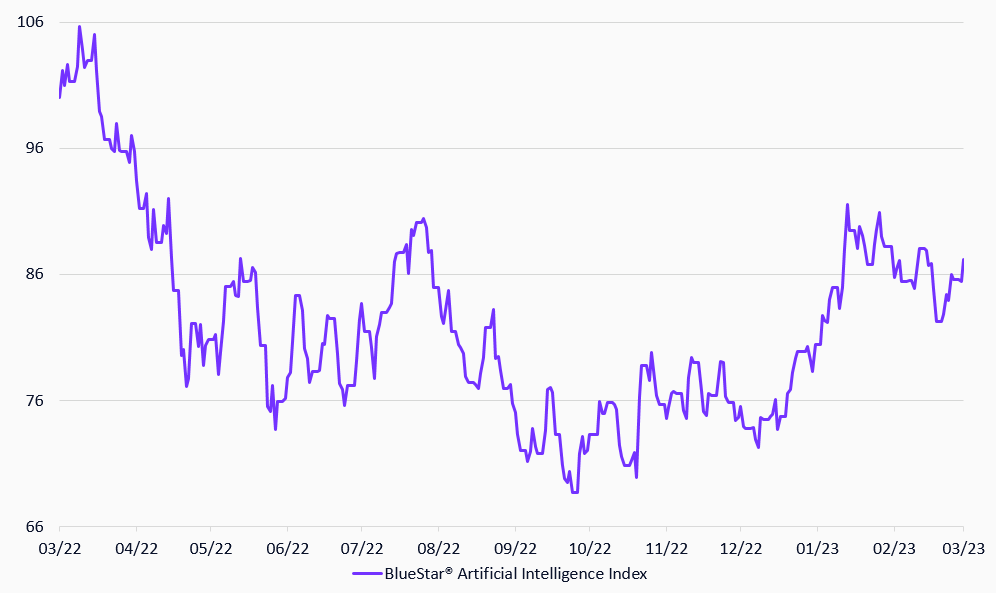Open AI launched it’s first conversational AI model in November, which showed the world just some of the capabilities of artificial intelligence. In only 4 months, Open AI has developed their next iteration of their high-powered chat bot, Chat GPT-4.
GPT-4 now incorporates image inputs, enhances the previous theoretical foundations, and of course fixes some bugs. But this brief description understates the new functionality of the model. “In a casual conversation, the distinction between GPT-3.5 and GPT-4 can be subtle. The difference comes out when the complexity of the task reaches a sufficient threshold—GPT-4 is more reliable, creative, and able to handle much more nuanced instructions than GPT-3.5.” For example, GPT-4 has excelled (compared to its predecessor) in many standardized testing forms.
This launch of GPT-4 has also excited the masses and has incited users testing out of some of the functionality. Within the first day, BETA users were reporting streamlined functionality within software engineering, UX/UI development, trading strategies, customer service, among many others.
Open AI released an enhanced version of their already “best-in-class” chatbot in 4 months. With GPT-5 already expected by the end of 2023, I predict much more advanced functionality (not just from Open AI) to be released in the coming months.
BlueStar® Artificial Intelligence Index
21/3/2021-21/3/2023

Source: MarketVector IndexesTM. Data as of March 21, 2023.
The BlueStar® Artificial Intelligence Index (BAI) tracks the performance of the largest and most liquid companies companies in the global artificial intelligence industry. This is a modified market cap-weighted index, and only includes companies that generate at least 50% of their revenue from products or services required for either machine learning or inference/'Applied Ai', such as productivity software, big data analytics related to machine learning, embedded machine learning semiconductors, sensors and signal processors for machine vision, natural language processing and voice recognition, or proprietary artificial intelligence software or services.
Get the latest news & insights from MarketVector
Get the newsletterRelated:
About the Author:
Alex Butler is a Business Development Associate at MarketVector Indexes GmbH. At MarketVector IndexesTM, Alex works closely with the business teams and clients to help tailor indexes and index data to meet client needs. Prior to joining MarketVector IndexesTM, Alex led the Americas Business Development team at S&P Global (Formerly IHS Markit, Markit) for ETF and Index Management. Alex is a product expert for ETF and index data. Alex studied at Elon University with a BA in Economics along with a focus on Information Science.
For informational and advertising purposes only. The views and opinions expressed are those of the authors but not necessarily those of MarketVector Indexes GmbH. Opinions are current as of the publication date and are subject to change with market conditions. Certain statements contained herein may constitute projections, forecasts and other forward looking statements, which do not reflect actual results. It is not possible to invest directly in an index. Exposure to an asset class represented by an index is available through investable instruments based on that index. MarketVector Indexes GmbH does not sponsor, endorse, sell, promote or manage any investment fund or other investment vehicle that is offered by third parties and that seeks to provide an investment return based on the performance of any index. Inclusion of a security within an index is not a recommendation by MarketVector Indexes GmbH to buy, sell, or hold such security, nor is it considered to be investment advice.




